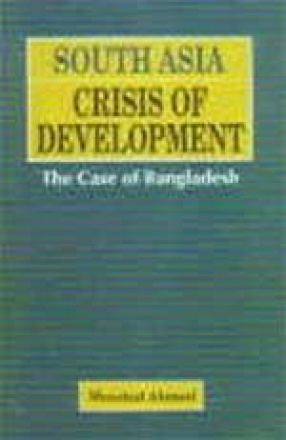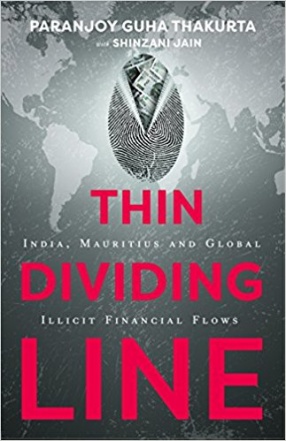Fifty years of independence has not provided the degree of economic growth, social enlightenment or political stability that had been the hope and aspiration of more than a billion people who live in South Asia. Moudud Ahmed has attempted to explain some of the reasons why the countries of South Asia and in particular India have not measured up to their potential. This is principally glaring when their achievements are stacked against those of some of the South-East Asian countries who were more disadvantaged economically and socially three decades ago but can now project a far better national scenario than any of the countries of South Asia. The author feels that India, as the predominant political and economic power in South Asia has failed to provide a viable growth model for development nor has helped assuage the social and political fears of its much smaller neighbours. The issues of Kashmir and nuclearisation not only pose the most immediate threat to security of the region but the consequent arms race between India and Pakistan was drastically retarding the development of the region. He contends that Bangladesh’s role within South Asia is in many ways unique. Its problems of development, economic, social and political, are examined in detail and the author does not shy away from mentioning the reasons for the existing state of affairs. In his vision, however, the author finds that Bangladesh has a great potential and it could lead the South-Eastern part of the sub-continent into a region of prosperity. Finally, the author underscores a number of suggestions, which could help improve the situation and prepare the region to face the challenges of globalisation.
Thin Dividing Line: India, Mauritius and Global Illicit Financial Flows
The use of tax havens to not ...
$36.00
$40.00





There are no reviews yet.